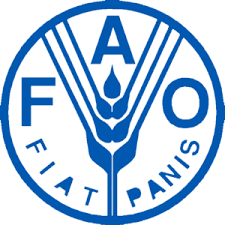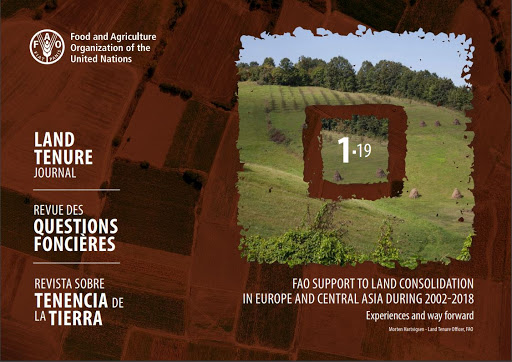Location
FAO's Journal on Land Reform, Land Settlement and Cooperatives was published between 1964 and 2009. Issues published between 1996 and 2009 are accessible below.
The successor of the Land Reform, Land Settlement and Cooperatives was launched in 2010. The new Land Tenure Journal aims to promote the latest knowledge in the technically, economically, politically and socially broad areas of land tenure.
Members:
Resources
Displaying 6 - 10 of 12A critical analysis of the causes of world food insecurity
Although world food and agricultural production, based on current trends, should be sufficient to meet demand in the decades ahead, the world still faces a serious food crisis that is as dangerous and life-threatening for millions of poor people today as in the past. The main objective of this article is to illuminate the world food situation and to make a critical analysis of the root causes of world food insecurity by identifying the various misconceptions surrounding our understanding of hunger, starvation and poverty.
Recent FAO experiences in land reform and land tenure
Brief summary of FAO’s experience in agrarian reform and the most relevant activities of the current programme related to this field. It argues that the type of agrarian reform that considers the redistribution of land from the rich to the poor either through confiscation or through pre-emptive buyouts belongs to the past. However, this does not mean that Member Nations have stopped seeking ways to improve access to productive resources (land, water, etc.) as a cornerstone to their rural development policy.
Poverty alleviation : the role of rural institutions and participation
Most approaches to poverty alleviation focus on income and subsidy measures; however, there is a growing realization that these measures alone are not sufficient. The growing amount of literature on the important role that “social capital” and institutions play in the development process indicates that there is a social-institutional dimension as well. This article focuses on the institutional dimension of rural poverty alleviation and outlines why institution- and capacity-building should be fundamental elements of any strategy aiming at alleviating rural poverty.
Cultural issues in land information systems
Considers the cultural dimension of applying the land information system (LIS) concept to lands held under customary land tenure. The article recognizes that the LIS concept has been developed primarily to serve the needs of countries with a western-style land market where individual land rights are the norm. However, many countries where customary landholdings exist, or predominate, are also interested in establishing LISs to manage their land resources better. The article has three main sections.
The reconstruction of rural institutions
At the end of the 1980s, most agriculture in Latin America and the Caribbean shared the following features: an over-protected agricultural sector; strong intervention from the state; excessive regulations and obstacles to interactions with other economic agents; a static land market; and a bimodal type of productive organization, i.e. a few powerful economic units and a large mass of smallholder producers.



